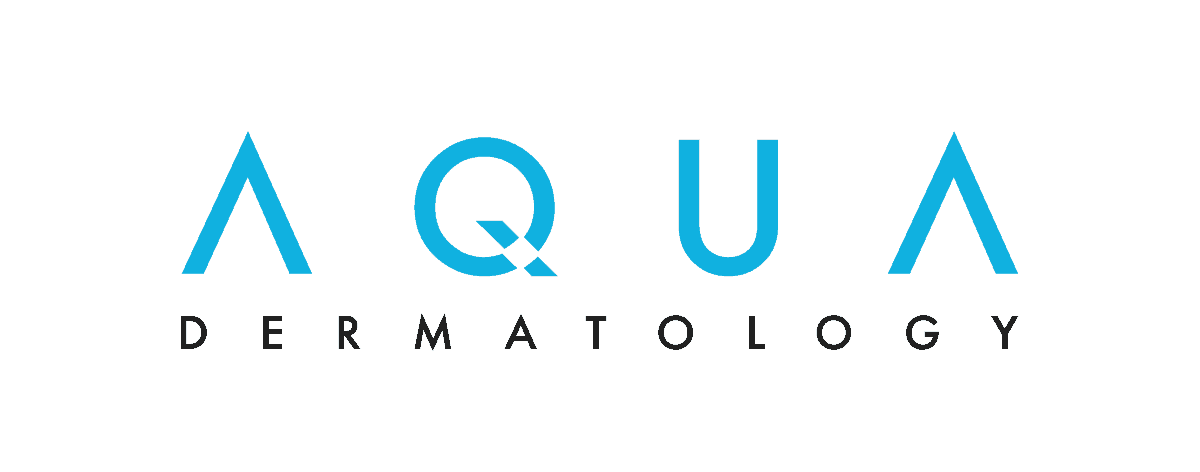Around 85% of all people suffer from acne in their lifetime and it affects a staggering 40 million individuals in the United States. While completely normal, acne can have damaging effects, leading to poor self-esteem and discomfort. Acne can be a difficult thing to treat and approach, but asking the right dermatologist questions can help you to discern what kind of acne you have and the best possible treatment.
1. Comedonal Acne
Comedonal acne occurs when your pores are extremely clogged. This is common in oily skin types and often looks like tiny bumps all over the skin, particularly in the T-zone.
While certainly a nuisance, comedonal acne is luckily easy to treat. Talk to your dermatologist about a prescription retinoid cream. Retinoid creams are highly exfoliating, and help to increase skin turnover at a fast rate, unclogging pores easily. For your regular skin care routine, take care to wash your face regularly, and exfoliate once or twice a week. Take a look at the skin products you use, as heavy, oily and pore-clogging makeup can lead to breakouts.
2. Inflammatory Acne
Inflammatory acne is more sporadic; think red bumps, whiteheads and blackheads. The problem with inflammatory acne is that it can be attributed to a number of causes. While clogged pores are of course a contributing culprit, inflammatory acne is typically a response to differing factors that irritate the body, such as hormonal imbalances.
For daily maintenance, focus on oil control. Use products that have salicylic acid, tea tree oil, or benzoyl peroxide in them. The goal is to reduce bacteria and the presence of oils that can further clog your pores. For over the counter solutions, ask a dermatologist for an oral antibiotic or a topical medication that helps to reduce inflammation.
3. Cystic Acne
Cystic acne is one of the more aggressive forms of acne that involves inflammation deep under the skin’s surface. Due to the inflammation deep in the skin creating pressure, cystic acne can often be painful.
Cystic acne requires early intervention and aggressive treatment. With this kind of acne, it is important that you do not pop or squeeze the cystic pimples, as it will only drive bacteria deeper into your skin. Instead, ask a dermatologist questions about an aggressive treatment plan. Like all other forms of acne, a consistent facial cleansing regimen is essential. Consider going on an oral prescription medication such as Acutane, but understand that these kinds of treatments takes five to six months to show results.
If you are experiencing acne your inflammation, visit and ask your dermatologist questions regarding the best skin care regimen and necessary procedures to have your skin clear and glowing once more.





